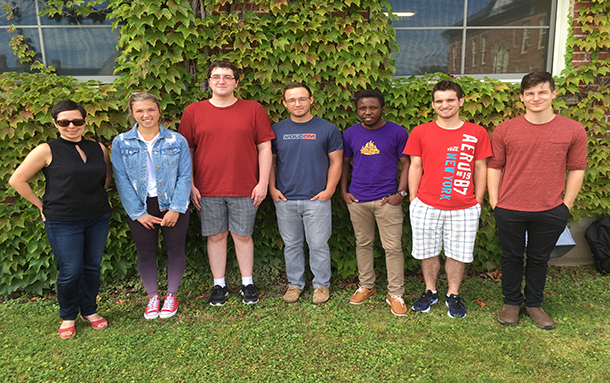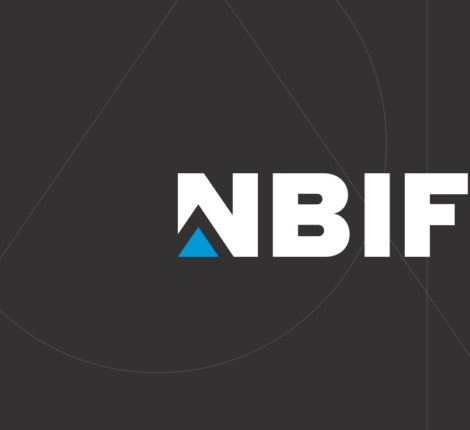- September 10, 2018
- Applied Research
- Comments : 0
Dr. Sara Eisler’s Organic Lego Blocks
What if you could make things like solar panels more effective and efficient?
That’s a question the University of New Brunswick’s Dr. Sara Eisler and her research group are tackling. Her team’s research is focused on organic materials – think carbon-based.
“We make things – it’s a lot like baking,” says Eisler, “except we create new molecular building blocks. Think of them as fancy Lego pieces. The Eisler group, and other researchers, will work with these building blocks, putting them together to create new materials.”
Eisler earned her PhD from the University of Alberta and has been a Faculty member in the Chemistry Department at UNB for ten years. She says her work involves fine tuning the electronic and physical properties of these building blocks to access devices with specific physical properties.
It is the kind of work that can be incredibly useful in a number of fields, including photovoltaics – how light gets turned into electricity. Solar panels are becoming ubiquitous in North America as fears over the impact of climate change, driven in part of emissions from coal and oil powered electricity generation, grow.
Today most solar panels use inorganic materials (think silicon-based). But Eisler is focusing on work that will make it easier to use organic materials to create photovoltaic panels. Organic-based photovoltaic panels would be cheaper to produce, would weigh less, and would be flexible, notes Eisler.
“We design and synthesize new compounds and then test them to learn as much as we can about them. We’re focused on creating stable and functional molecular pieces,” she says.
Eisler credits the New Brunswick Innovation Foundation for its support of her work.
“The NBIF has been very supportive of my research over the last decade. Research is expensive, and NBIF’s support has opened the door to matching funding from the Canada Foundation for Innovations (CFI) and other agencies,” says Eisler.
The Eisler Research Group at UNB is also a tremendous learning opportunity for students. Today, Eisler has five graduate students and three undergrad students working in her group and is looking to expand.
“NBIF has also been great about supporting the students who work in my lab. Chemistry grad school is an intensive experience, the stipends from NBIF for my student researchers make it much easier for them to focus on their work.”


